Description
Schneider 140CPU11303 PLC CPU module 140ACO13000
Quantum 140CPU11303 It is easy to report low memory with IEC programming. Why and how?
Solution:
A pair of 140CPU11303 must have two firmware versions: one for 140CPU11303 and one for 140CPU11303S. If the 140CPU11303 firmware is used, the CPU supports both LL984 and the IEC, but the IEC capacity is small. If you are sure that your application is an IEC application, update the CPU firmware to 140CPU11303S. When done this way, the IEC programming capability of the CPU is greatly expanded. Specific operation instructions are as follows:
Quantum 11303 firmware update to support IEC programming only; Example Change the CPU model from 140CPU11303 to 140CPU11303S in Concept software.
Problem 2: Upgrade the 140CPU11303 PV06 firmware to 140CPU11303S, download the program, and the program runs normally. However, after the power is off, the Run indicator and the Active indicator of the IO module are off, the CPU cannot start, and error 0004 is reported. The program is OK after being downloaded again
Solution: Update the 140CPU11303 firmware to 140CPU11303S, download the program, and enable the CPU to run normally. After the CPU is powered off, power on the CPU again. The normal condition is the status of the CPU before the power failure and the status of the CPU after the power failure. The phenomenon described in the title is clearly abnormal. We performed the same operation according to another new 140CPU11303 PV06 CPU described in the title, but the fault phenomenon described in the title did not appear. Therefore, we judged that the fault phenomenon was an individual fault rather than a batch fault. This is not related to the bugs in the firmware update file corresponding to PV06 or the hardware version of 140CPU11303 upgraded to PV06. In addition, when the CPU is shut down, all the indicators on the Active I/O modules are off. This is normal.
Problem 3: An error occurs when the program is downloaded from 140CPU11303. The error code is OLI-21707. However, if you only change the configuration and other programs remain unchanged, then you download the program to 140CPU43412A
Solution: The reason for the above error is that the user programmed Project contains EFBs involving floating-point arithmetic. For the 140CPU43412A, it can support floating-point arithmetic without doing any processing. For 140CPU11303, floating point operation is not supported if no processing is done. Therefore, if you have not downloaded the appropriate loadable file before downloading the program, there will always be an error when you download the project to 140CPU11303, but when you download 140CPU43412A, everything works fine. Name the file named EMUQ “EMUQ”.
Problem four: 140CPU11303 The CPU cannot automatically start when the power is restored. How can I solve the problem
Solution: After 140CPU11303 is powered off, the CPU restores to the state before the power failure. However, software cannot be configured for 140CPU43412A/53414A to restore the state after the power failure. If the CPU starts before the power is off and stops after the power is restored, the CPU may fail to start because of a device fault.
Question 5: What does the ASCII/RTU/MEM dip on the front panel of the Concept Quantum CPU do
Quantum Series:
| CPU Model | Processor Main Frequency |
| 140CPU31110 | 66MHZ |
| 140CPU43412U | 66MHZ |
| 140CPU65150 | 166MHZ |
| 140CPU65160 | 266MHZ |
| 140CPU65260 | 266MHZ |
| 140CPU67060 | 266MHZ |
| 140CPU67160 | 266MHZ |
| 140CPU67260 | 266MHZ |
| 140CPU67261 | 266MHZ |
| 140CPU11302 | 20MHZ |
| 140CPU11303 | 20MHZ |
| 140CPU43412A | 66MHZ |
| 140CPU53414B | 133MHZ |
Premium Series:
| Unity Processor | Main Processor | Main processor frequency (HZ) | Automatic processor | Automatic processor frequency (HZ) |
| TSX P57 CA0244M | INTEL AMD 486 | 48 | SONIX | 48 |
| TSX P57 CD0244M | INTEL AMD 488 | 48 | SONIX | 48 |
| TSX PCI57 204M | INTEL AMD 486 | 72 | SONIX | 48 |
| TSX PCI57 354M | INTEL AMD 486 | 72 | SONIX | 48 |
| TSX P57 0244M | INTEL AMD 486 | 40 | SONIX | 48 |
| TSX P57 104M | INTEL AMD 486 | 48 | SONIX | 48 |
| TSX P57 1634M | INTEL AMD 486 | 48 | SONIX | 48 |
| TSX P57 154M | INTEL AMD 488 | 48 | SONIX | 48 |
| TSX P57 204M | INTEL AMD 486 | 12 | SONIX | 48 |
| TSX P57 2634M | INTEL AMD 486 | 72 | SONIX | 48 |
| TSX P57 254M | INTEL AMD 486 | 72 | SONIX | 48 |
| TSX P57 304M | INTEL AMD 486 | 12 | SONIX | 48 |
| TSX P57 9834M | INTEL AMD 486 | 72 | SONIX | 48 |
| TSX P57 364M | INTEL AMD 486 | 72 | SONIX | 48 |
| TSX P57 4834M | INTEL PENTIUM 166/266 MMX | 166 | PHOENIX | 66 |
| TSX P57 454M | INTEL PENTIUM 166/266 MMX | 166 | PHOENIX | 66 |
| TSX P57 5634M | INTEL PENTIUM 166/266 MMX | 166 | PHOENIX | 66 |
| TSX P57 654M | INTEL PENTIUM 166/266 MMX | 166 | PHOENIX | 66 |
| TSX P57 6634M | INTEL PENTIUM 166/266 MMX | 166 | PHOENIX | 66 |
| TSX H57 24M | INTEL PENTIUM 166/266 MMX | 166 | PHOENIX | 66 |
| TSX H57 44M | INTEL PENTIUM 166/266 MMX | 166 | PHOENIX | 66 |

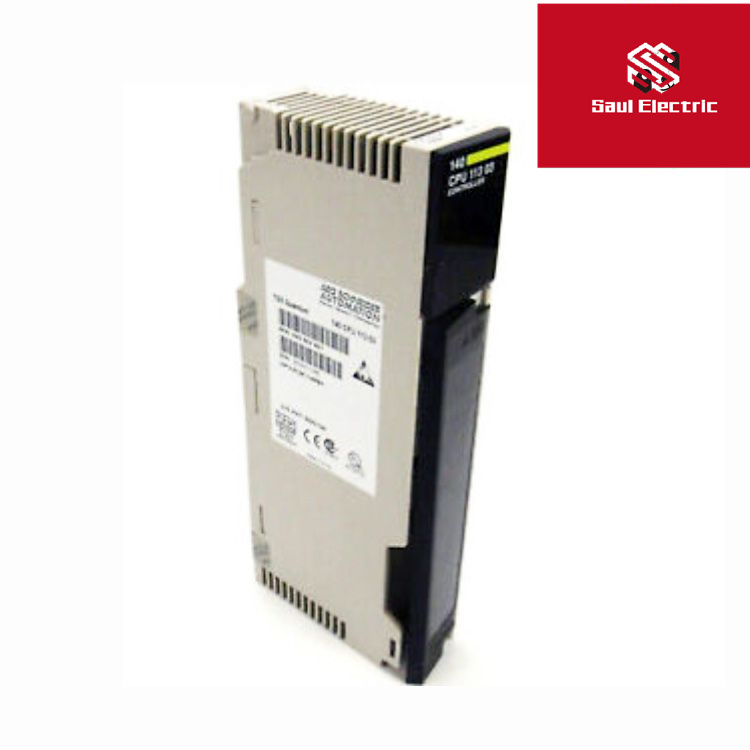
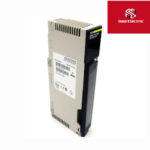
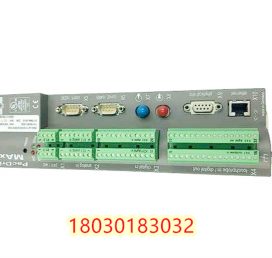
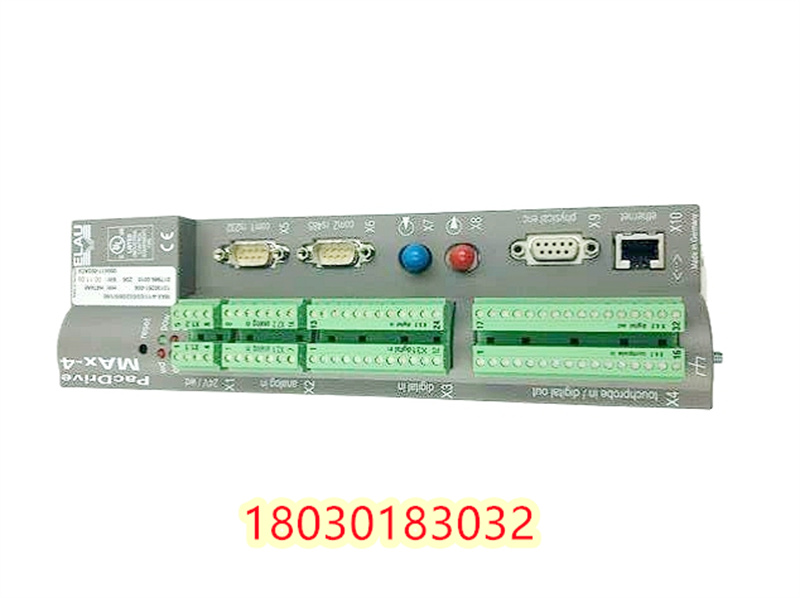

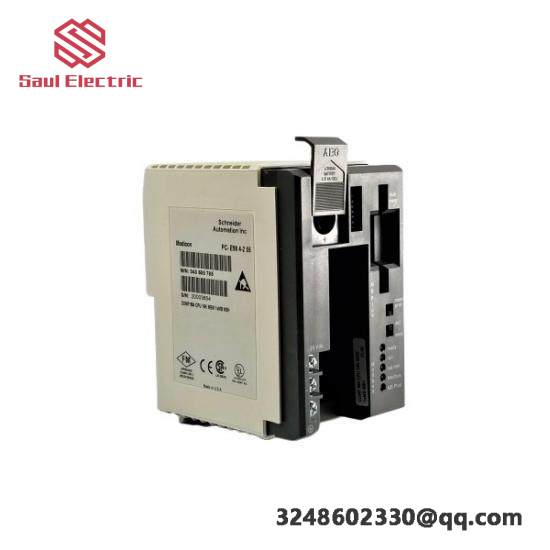
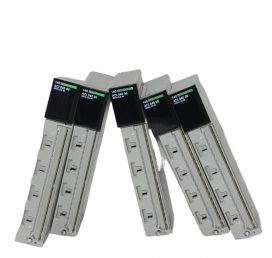
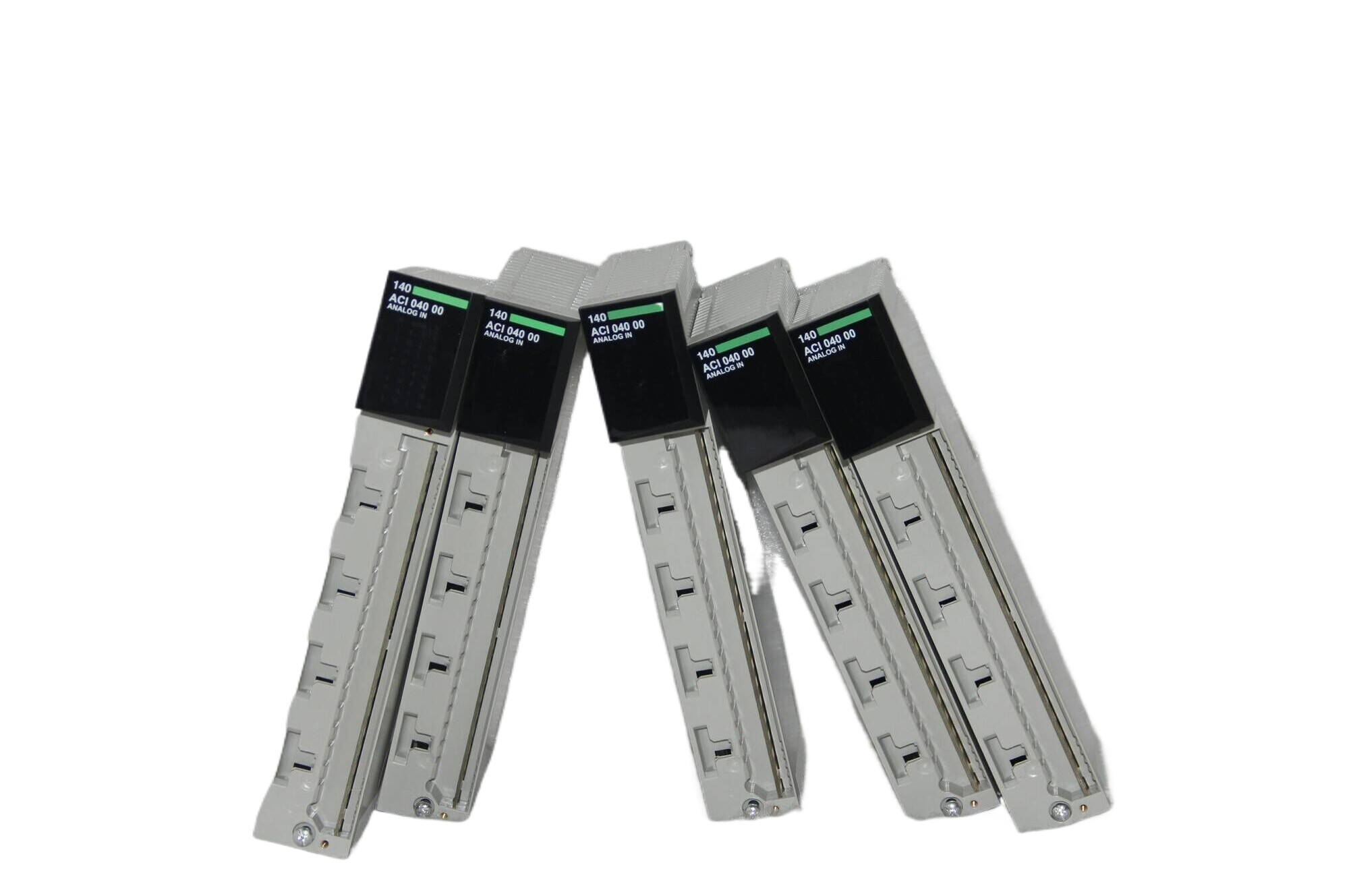

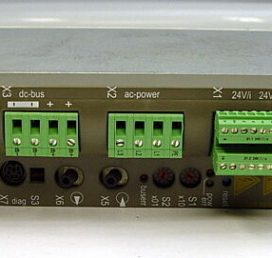
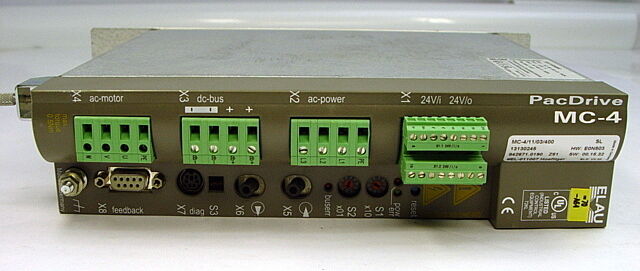
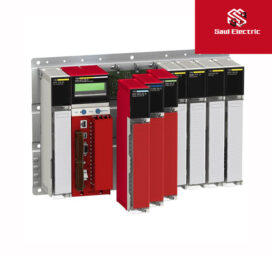
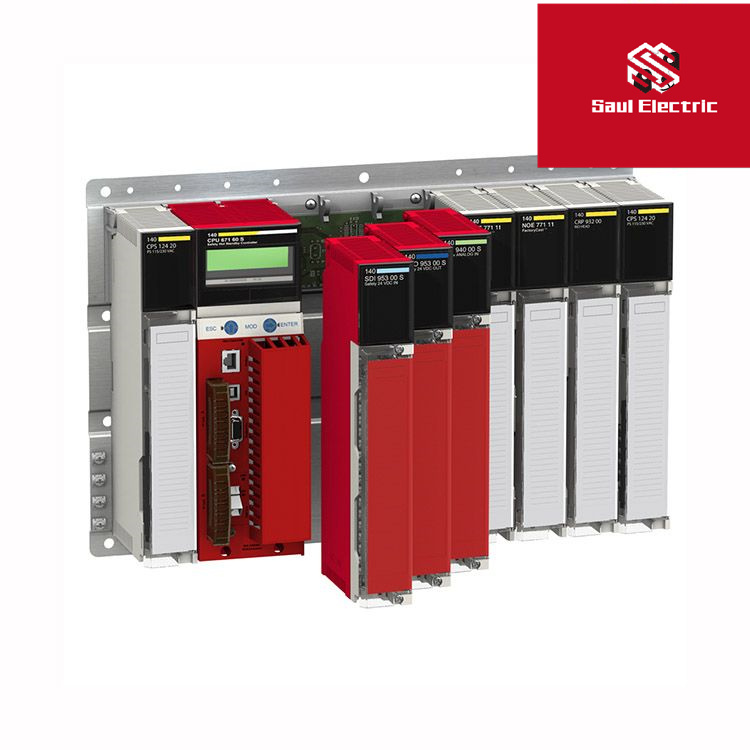
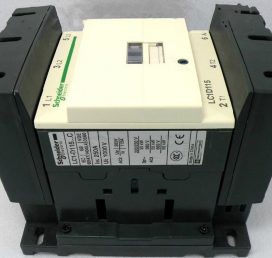
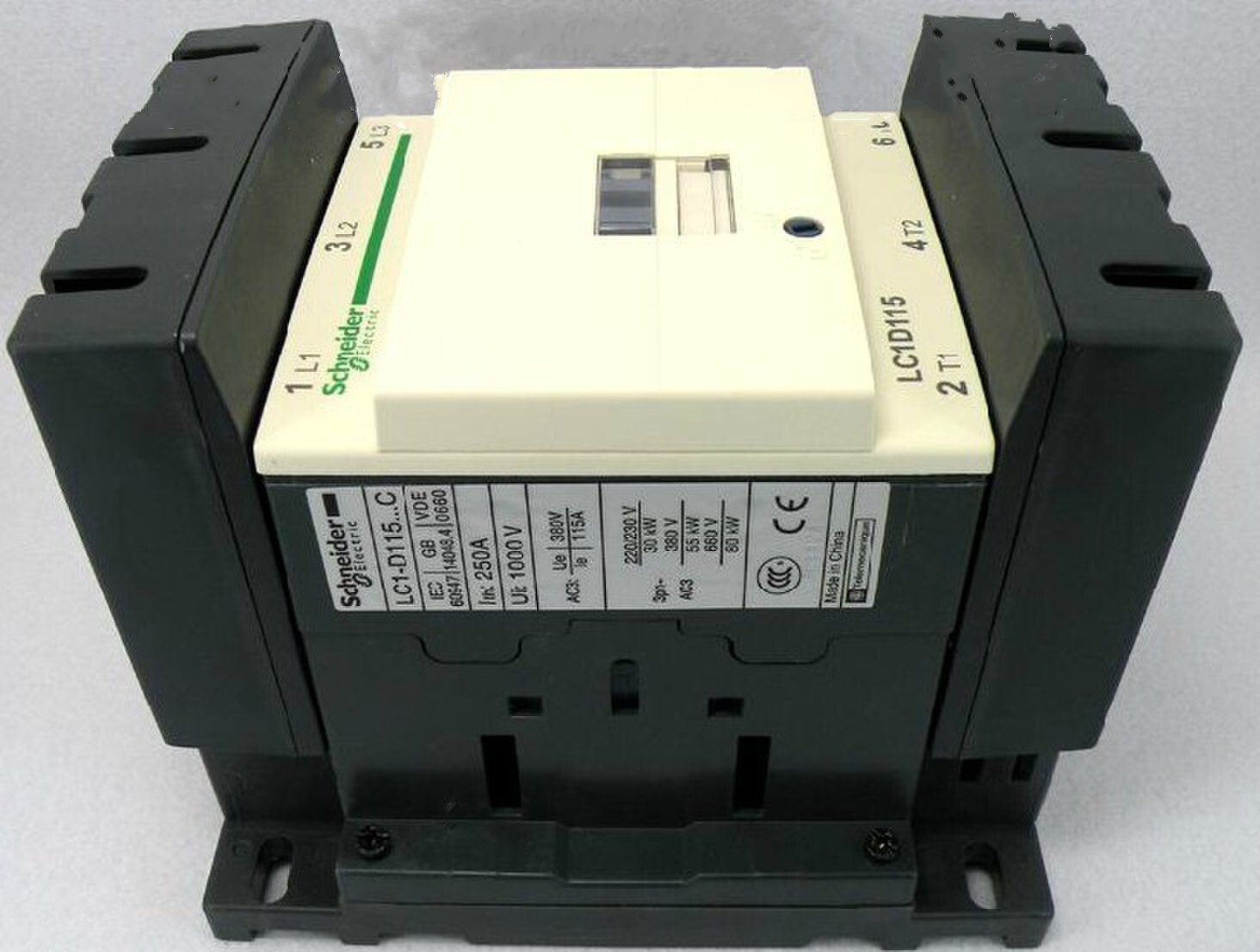
Reviews
There are no reviews yet.